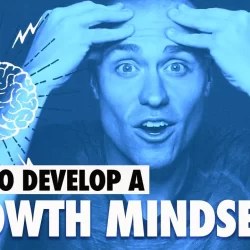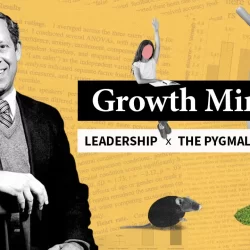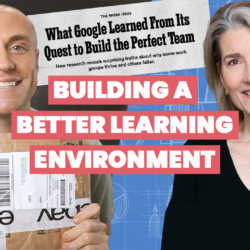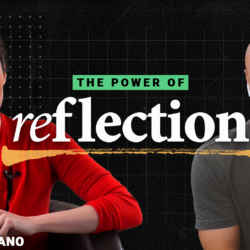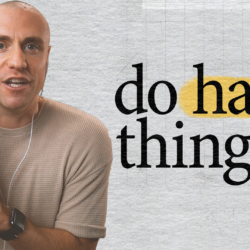Let’s discuss some new and exciting growth mindset research
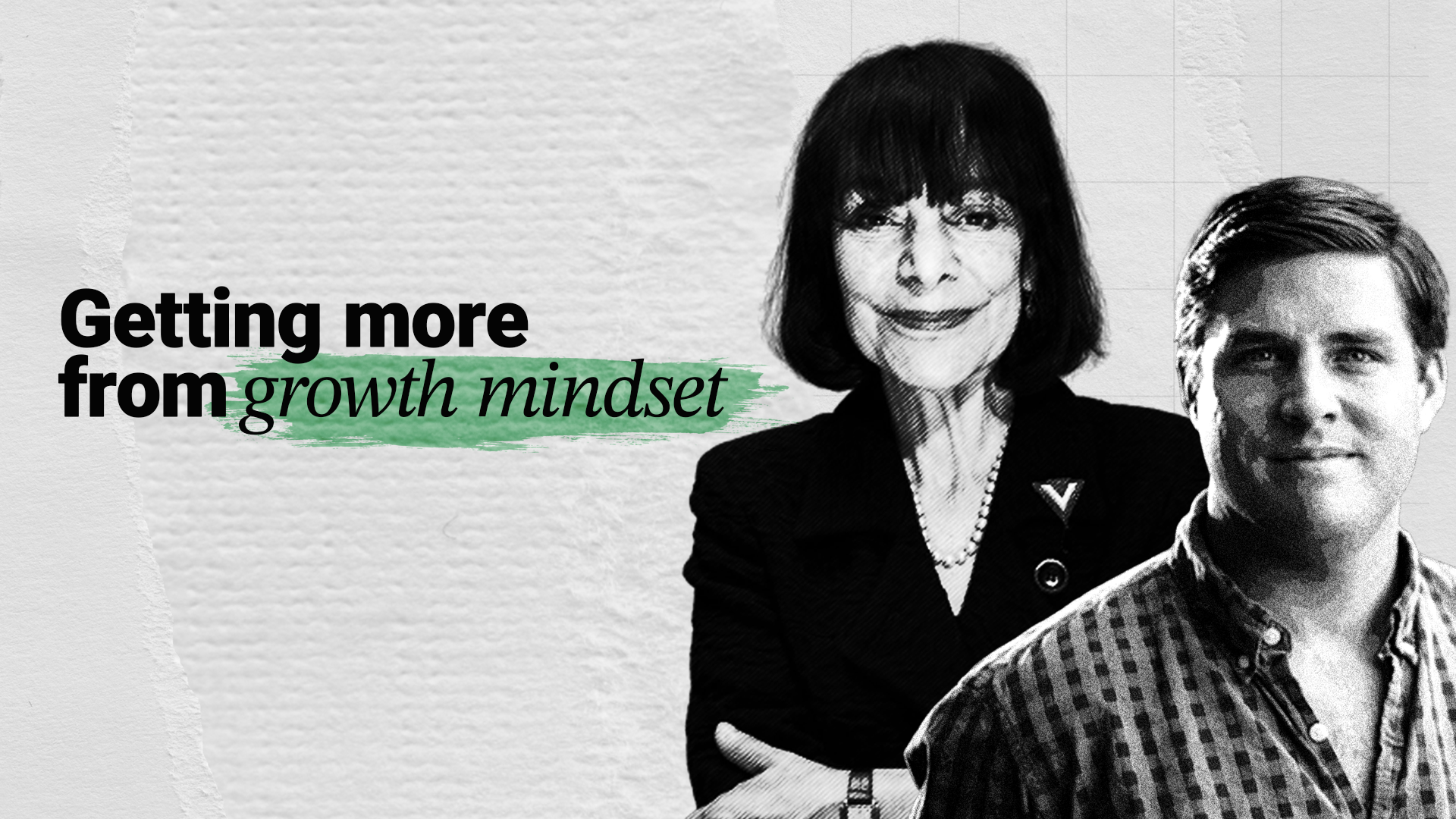
You walk into a lab to take part in an experiment.
Someone comes up to you and says: “In a few minutes you’re going to give a five minute speech to a panel of judges.”
Then they leave you alone to prepare (and freak out a bit).
You plan your speech, stand up in front of the panel, and go for it.
For most of us, this is already going to be an uncomfortable situation – but it gets worse.
While you’re speaking, the panel of judges is trained to give you only negative non-verbal feedback.
They’re sitting there with arms crossed, frowning and sighing.

You wrap up your speech, but the experiment isn’t over yet.
Now you have to count backward from 100 by sevens. Every time you mess up, the judges call you out and you have to start over.
Yikes.
This is called the Trier Social Stress Test. It’s designed to create a stressful environment so researchers can study the way people handle it.
In this particular experiment, conducted by David Yeager from the University of Texas, participants were divided into four groups. Before the task, each group received different treatments.
Group 1 was part of the growth mindset intervention. These participants were told that intellect and other abilities are not fixed traits but can be developed over time with effort, effective strategies, and support from others.
Group 2 received the stress-is-enhancing mindset intervention. Here, individuals learned to reinterpret physiological stress responses – like a racing heart or sweating – as helpful and energizing, rather than hurtful.
Group 3, the control group, didn’t receive any specific intervention, serving as a benchmark for the study.
Group 4 was the synergistic mindset group. This group received a combination of both growth mindset and stress-is-enhancing mindset training
The researchers then measured the stress response of students during the speech. They recorded things like heart rate and how tense their blood vessels were, which signal how your body is reacting to stress.
Group 4 – the participants who trained both ways of thinking, viewing physiological stress responses as helpful and believing in their ability to grow, handled the pressure better than those who trained with only one of these mindsets or none at all. This synergistic mindset group also saw challenging situations as less threatening and felt better about themselves afterward.
This is just the tip of the iceberg.
This first experiment is interesting but it only focuses on manufactured stress. David Yeager and his research team wanted to see how this synergistic mindset intervention worked in more real-life situations and with different age groups. They carried out a series of six experiments, each study showing the power of combining a growth mindset with a stress-is-enhancing mindset. Participants ranged from teenagers at a low income high school to undergraduate students at elite universities.
From academic challenges to daily stressors to the pandemic, students who were taught the dual mindset approach managed stress more effectively and performed better academically. They passed their core classes at a higher rate, with a pronounced boost in math and science classes.
This mindset intervention empowered students to be better equipped to face day-to-day challenges and engage more fully with their education.
This research can impact all of us: by reshaping our view of stress and embracing the idea that we can grow from it, we develop a mindset that can help us learn and work through stressful situations more effectively.
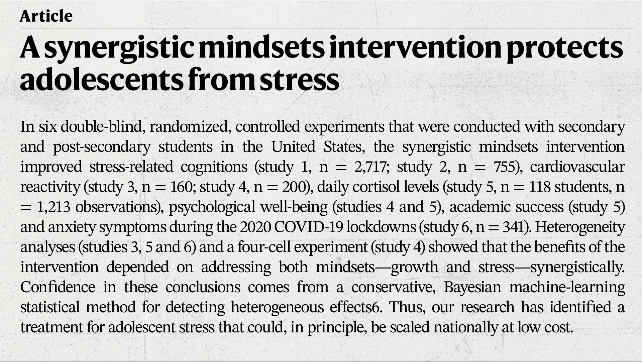
Growth Mindset x Stress Mindset = Better Learning
If you’re reading this, you’re probably familiar with Carol Dweck’s growth mindset research – which is great. But, like this paper shows, if we really want to get the most out of growth mindset, we also need to dig into the stress side of the equation.
This logically makes sense.
Sometimes it’s our mindset toward learning that holds us back. If we don’t believe we can learn the skill, work through the challenge, or make the necessary changes, we’re probably not going to do those things.
Other times stress and discomfort can get in the way. I believe that I could learn to become a better dancer, but I usually avoid doing it because I don’t want to feel weird and uncomfortable.
A growth mindset helps with the first situation; a stress-is-enhancing mindset helps with the second. When we combine the two, we’re cooking with gas.
“You need a belief both about the stressful thing that happens to you, and a belief about your response to that stress. And if you don’t do both, either bad belief can pull you back into a bad spiral.” – David Yeager
If we want to put ourselves (and others) in a better position to learn, this combination of mindsets is what we need to harness.
Hungry for more?
Here is our best growth mindset material
Here is our best stress mindset material
Synergistic Mindset Intervention Paper
Podcast Interview with David Yeager

